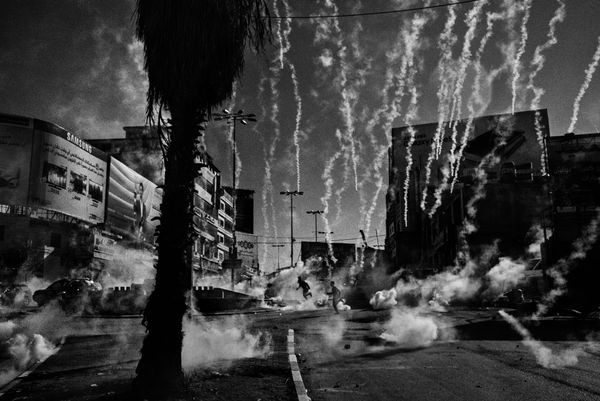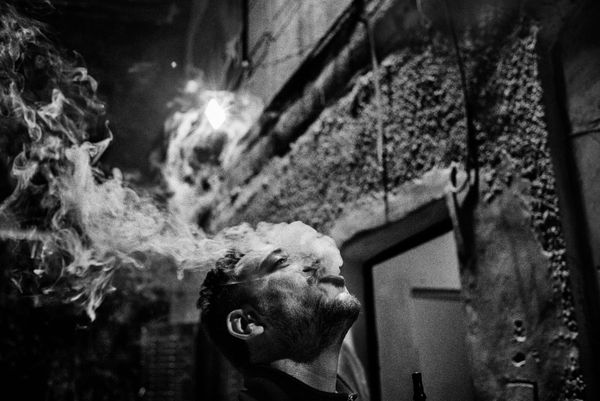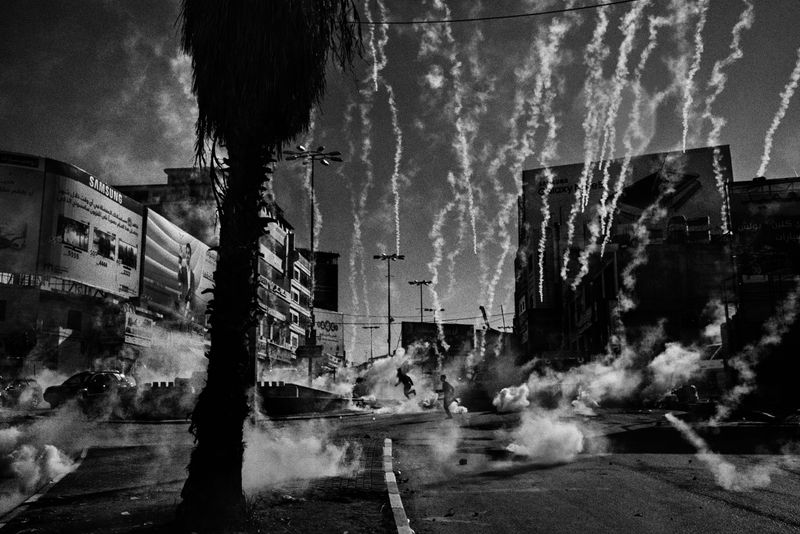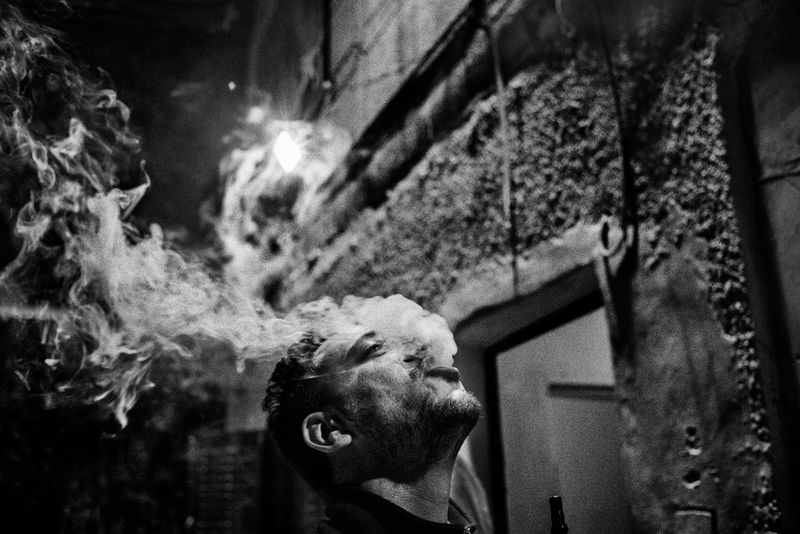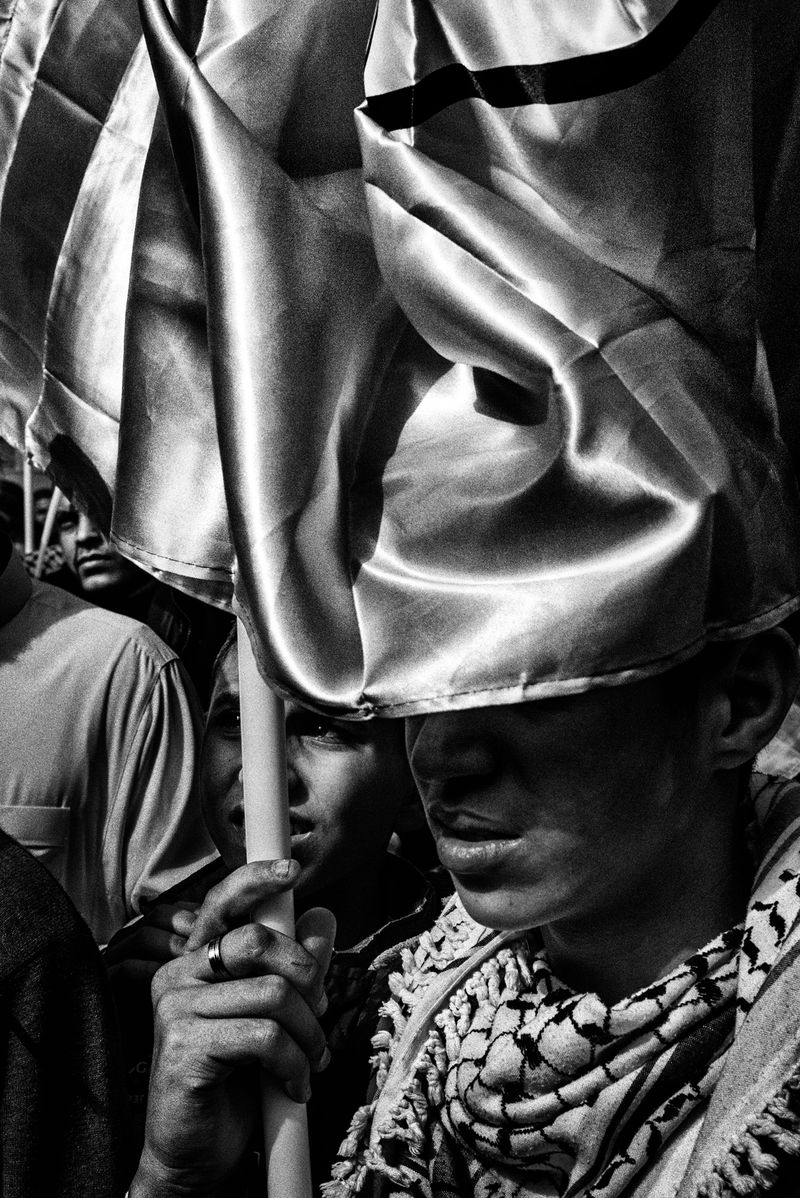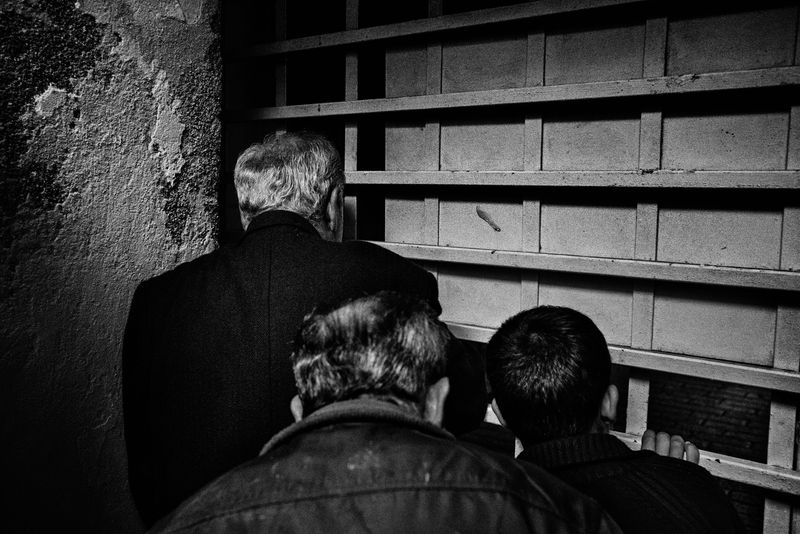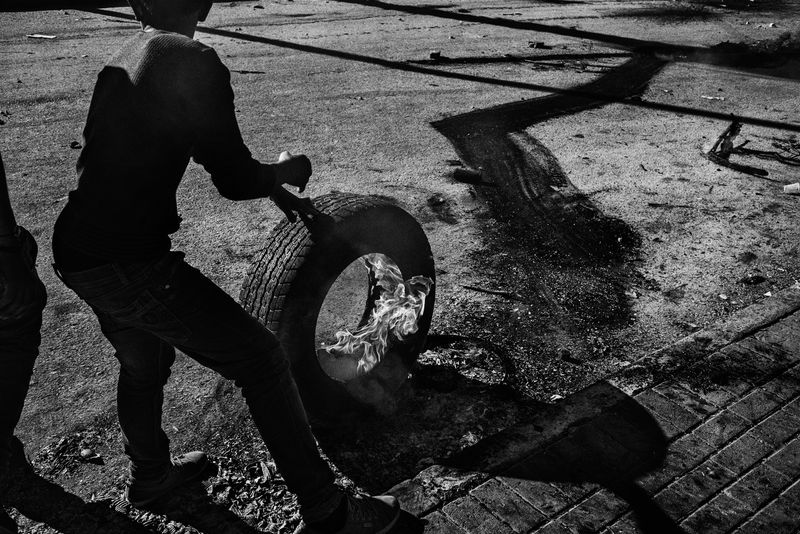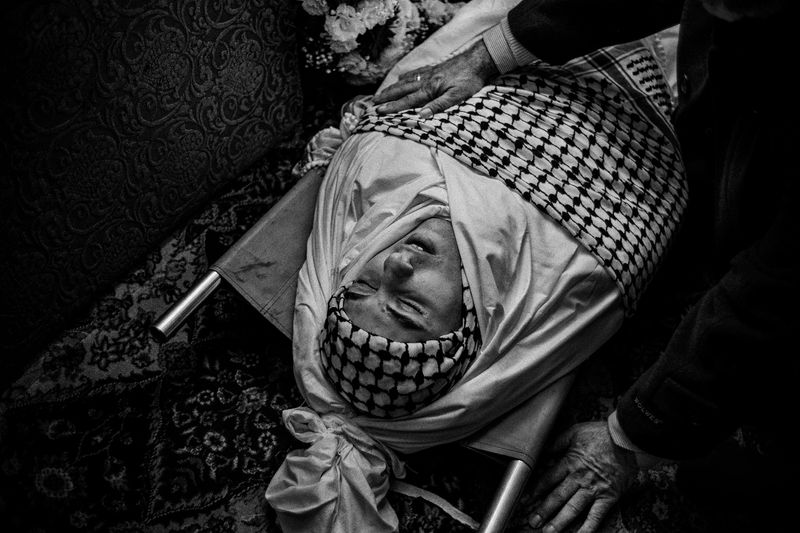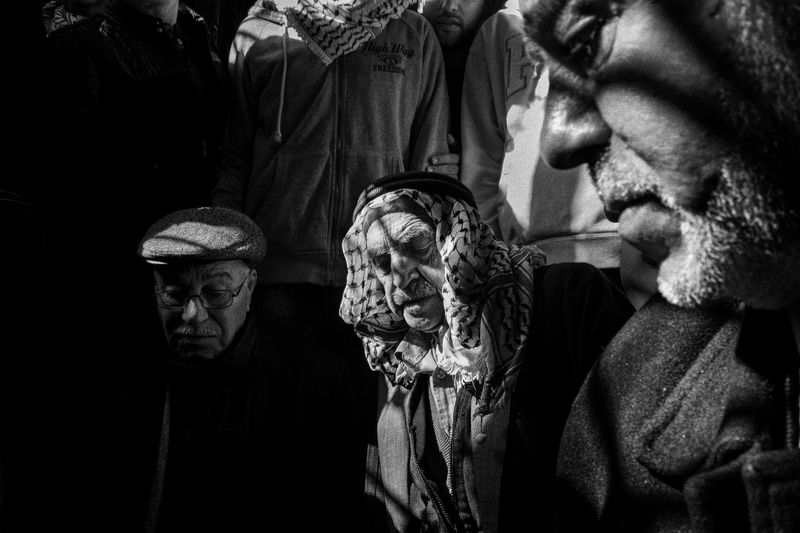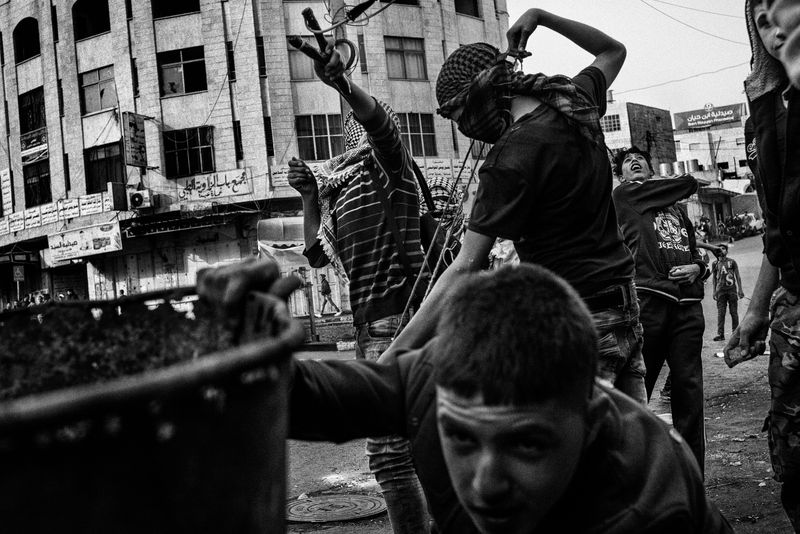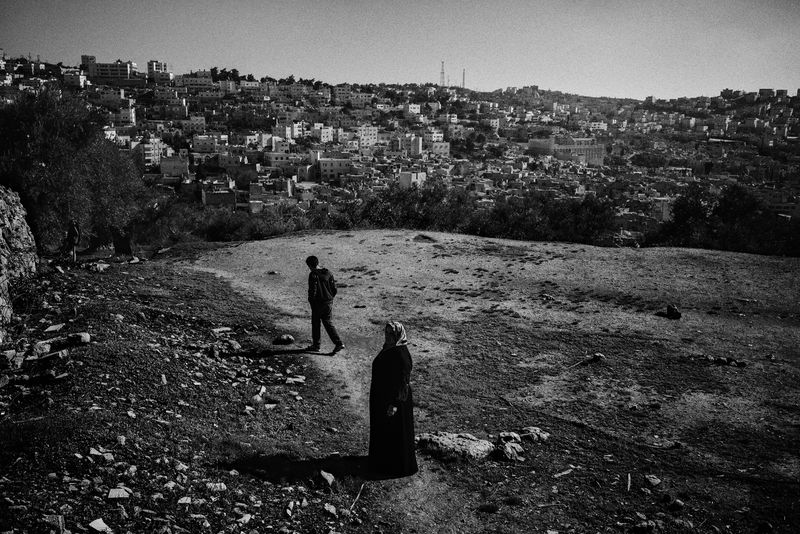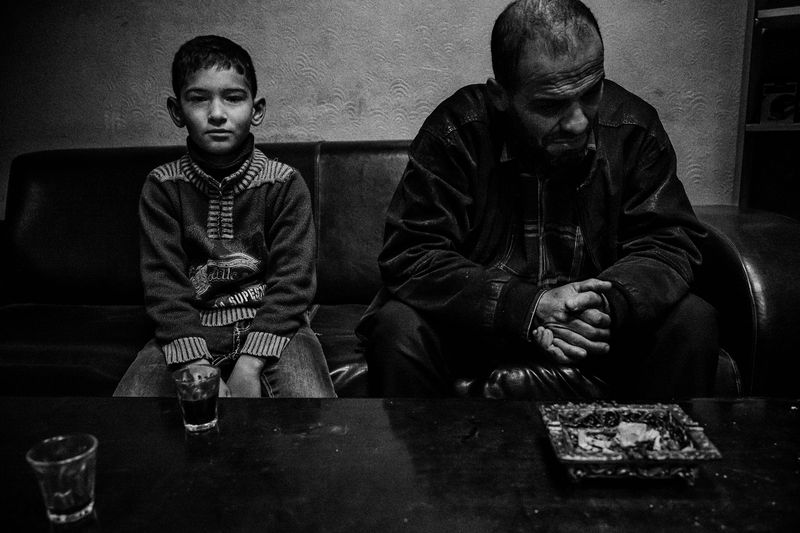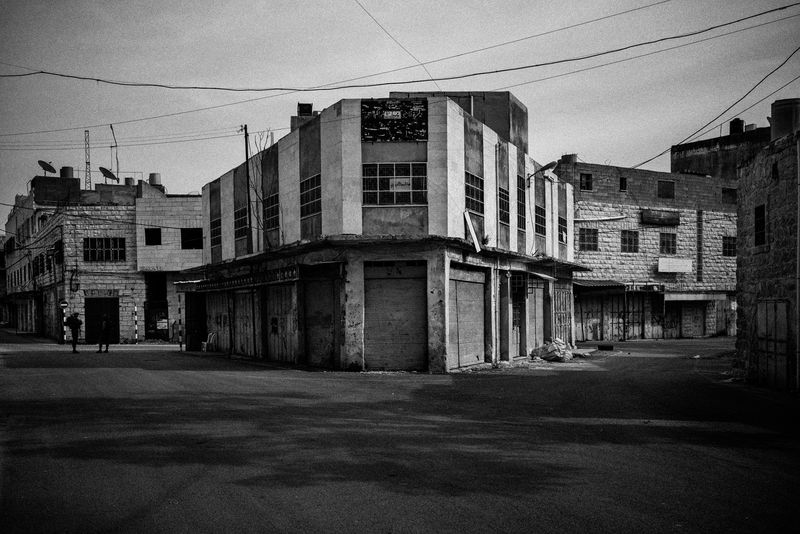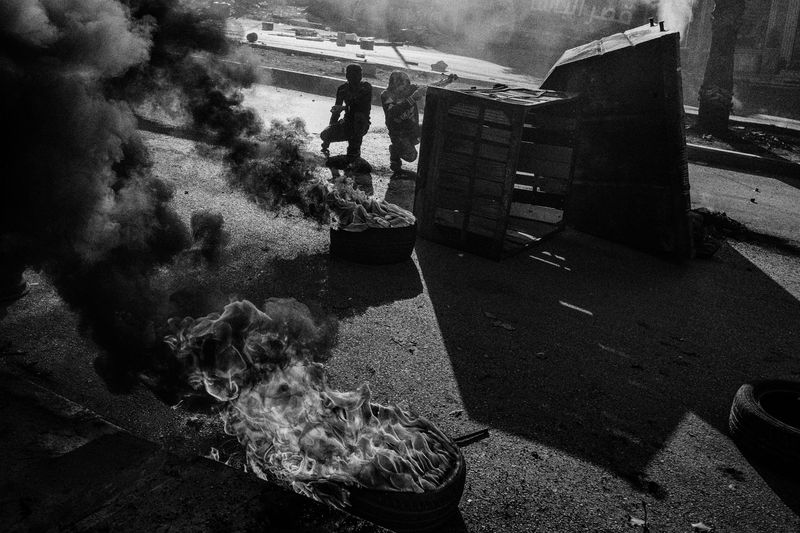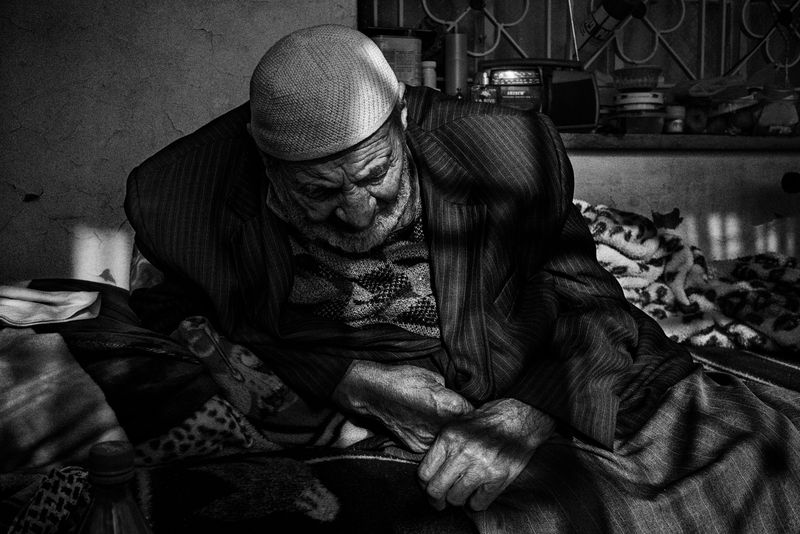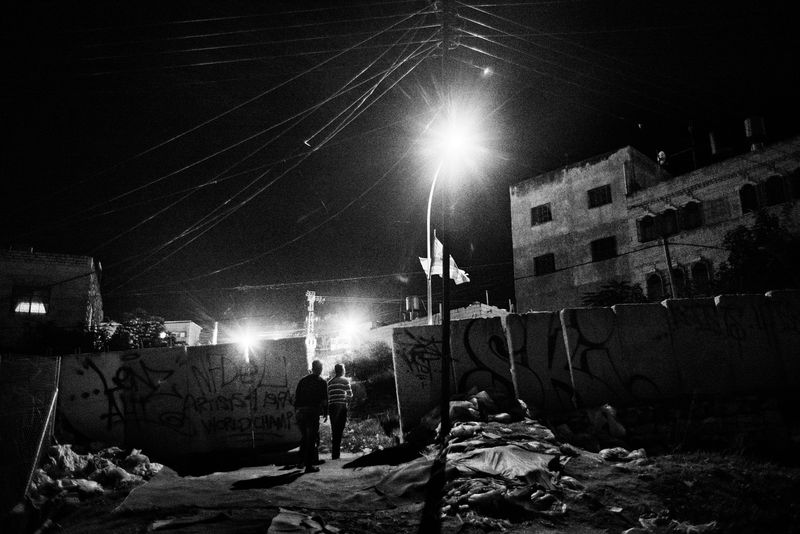HEBRON / AL KHALIL
-
Dates2015 - Ongoing
-
Author
- Topics Editorial, Documentary, War & Conflicts
This project focuses on a small community of people living in the Old City of Hebron narrated as it relates to the heavy political situation and the tragic evolving events. I will travel to Hebron to continue the project later this year and next year.
Al Khalil, as it is known in Arabic, is a city in the West Bank where Palestinians and Jewish settlers live together in unusual close proximity. Here the conflict made its way into the small trifle of everyday life. It took the form of private spite among next-door neighbors and transformed small mundane tasks into dangerous endeavors. The old city has been for decades at the center of disputes over the Ibrahimi mosque or Cave of Patriarchs, a site of religious importance for both Islam and Judaism.
Waves of violence are coming and going during the year but the tension never eases. The heavy militarization paralyzed commercial life and turned part of the city center into a ghost town. Residents navigate through a maze of checkpoints that are often targets of attacks and demonstrations, and endure tensions between the most extreme factions from both sides.
Since early 1997, following the Hebron Protocol, the city has been divided into two areas: H1 under Palestinian control and H2 under Israeli control. H2 is home to approximately 30,000 Palestinians and about 500 Israeli settlers living in four downtown settlements and protected by around 2000 members of Israeli security forces.
Israel's security restrictions on the Old City began following the 1994 massacre of 29 Muslims praying at the Ibrahimi Mosque during Ramadan by Jewish Israeli-American doctor Baruch Goldstein. Since then Shuhada Street have been closed to Palestinian vehicles and pedestrians, and the holy site partitioned into Muslim and Jewish areas.
While the decades-long conflict evolves in its political and international implications I find it important to focus on how the civilians are affected generation after generation. Hanging on to their history, identity and land is the only way to endure a situation with no resolution in sight.
